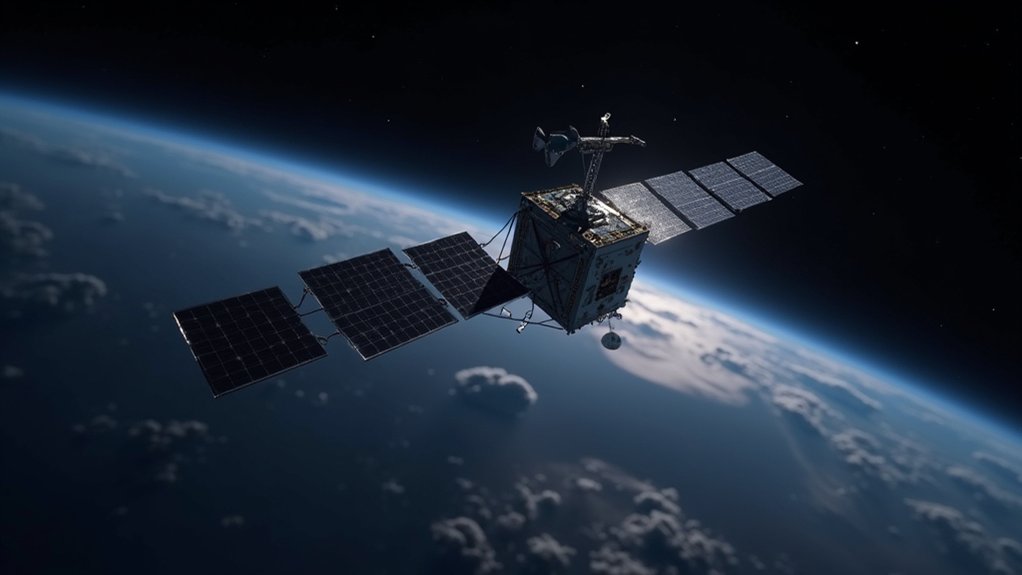Cybersecurity researchers have identified considerable vulnerabilities in China’s quantum satellite communication system that could potentially compromise the security of encrypted transmissions, challenging long-held assumptions about the “unhackable” nature of satellite-based quantum communications. The uncovered flaws stem from the methods used to encode and transmit quantum signals, making them potentially less secure than initially claimed by proponents of the technology.
Studies indicate that advanced hacking techniques could exploit weaknesses in the satellite’s transmission protocols, particularly through side-channel attacks that target physical implementations rather than cryptographic algorithms. These vulnerabilities raise concerns about the practical security guarantees versus theoretical protections, as real-world environmental factors introduce risks not present in laboratory conditions. Existing defensive measures may prove insufficient against man-in-the-middle attacks or signal interception under specific operational circumstances. The average data breach cost of $4.35 million highlights the potential financial impact of quantum security failures.
The satellite’s quantum key distribution system faces inherent limitations as a result of orbital mechanics and atmospheric interference. Satellite motion creates complexities in maintaining quantum entanglement and secure key exchange, whereas Doppler effects and changing atmospheric conditions can cause unpredictable photon behavior. The research has specifically highlighted time delays between the satellite’s onboard systems as a critical vulnerability that opens opportunities for eavesdropping.
Precision synchronization between ground stations and the satellite remains inconsistently achievable, forcing algorithms to compensate for rapid movement and orbital dynamics that may compromise message security. Environmental interference, including atmospheric turbulence, can disrupt quantum signals and reduce overall system security. The quantum bit error rate observed in operational conditions can fluctuate significantly, further undermining the reliability of secure transmissions.
Hardware limitations introduce unforeseen vulnerabilities in practical deployments that differ notably from idealized models assuming perfect devices and error-free transmission. Multi-system attacks prove particularly difficult to defend against owing to the complexity and variability of quantum communication devices operating in space environments.
Recent developments have demonstrated the evolving threat domain, as Chinese researchers successfully used quantum computers to breach certain encryption schemes, signaling rapid advances in quantum attack research. Although these attacks primarily targeted SPN-structured algorithms without achieving widespread decryption capabilities, they highlight the need for continuous security updates as quantum communication technology matures.
The findings underscore the gap between theoretical quantum security proofs and practical implementation challenges, emphasizing that security protocols require constant refinement as new attack vectors emerge and quantum communication systems evolve from experimental to operational status.





